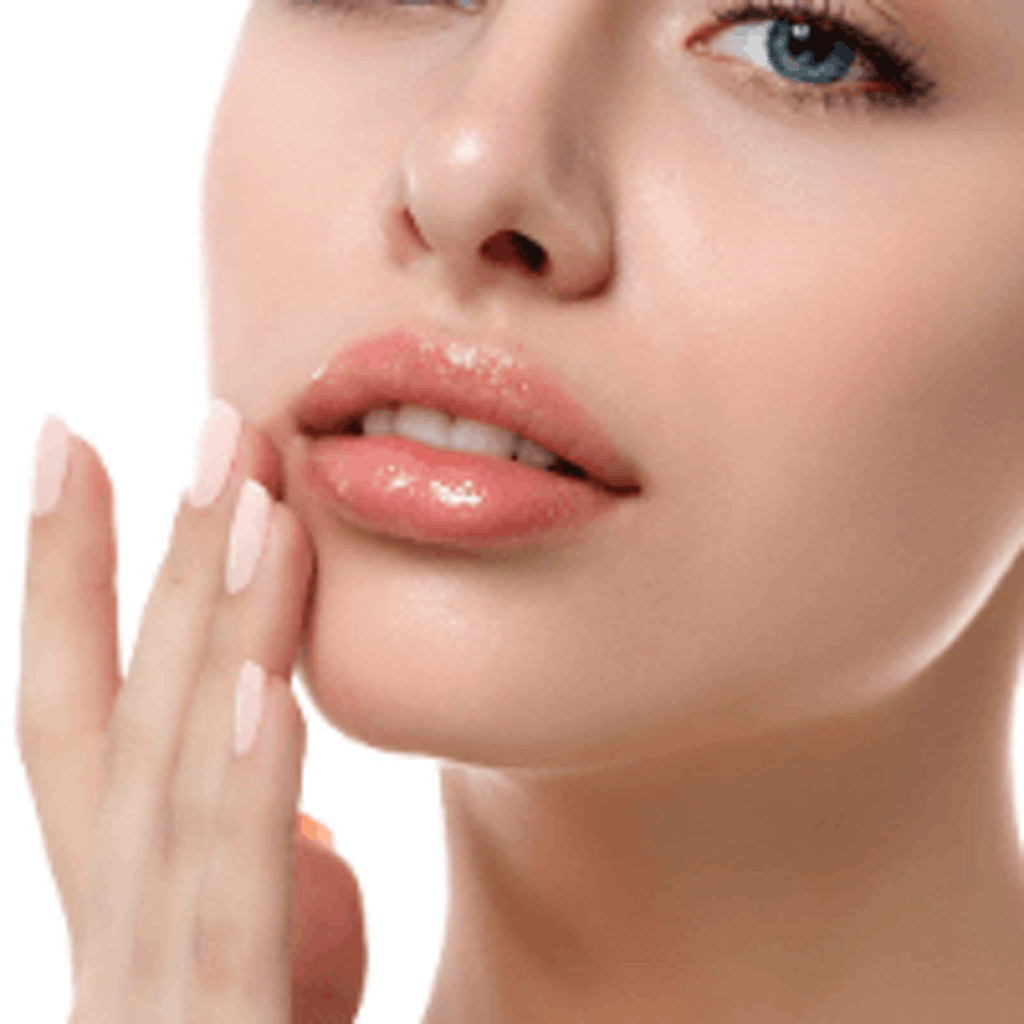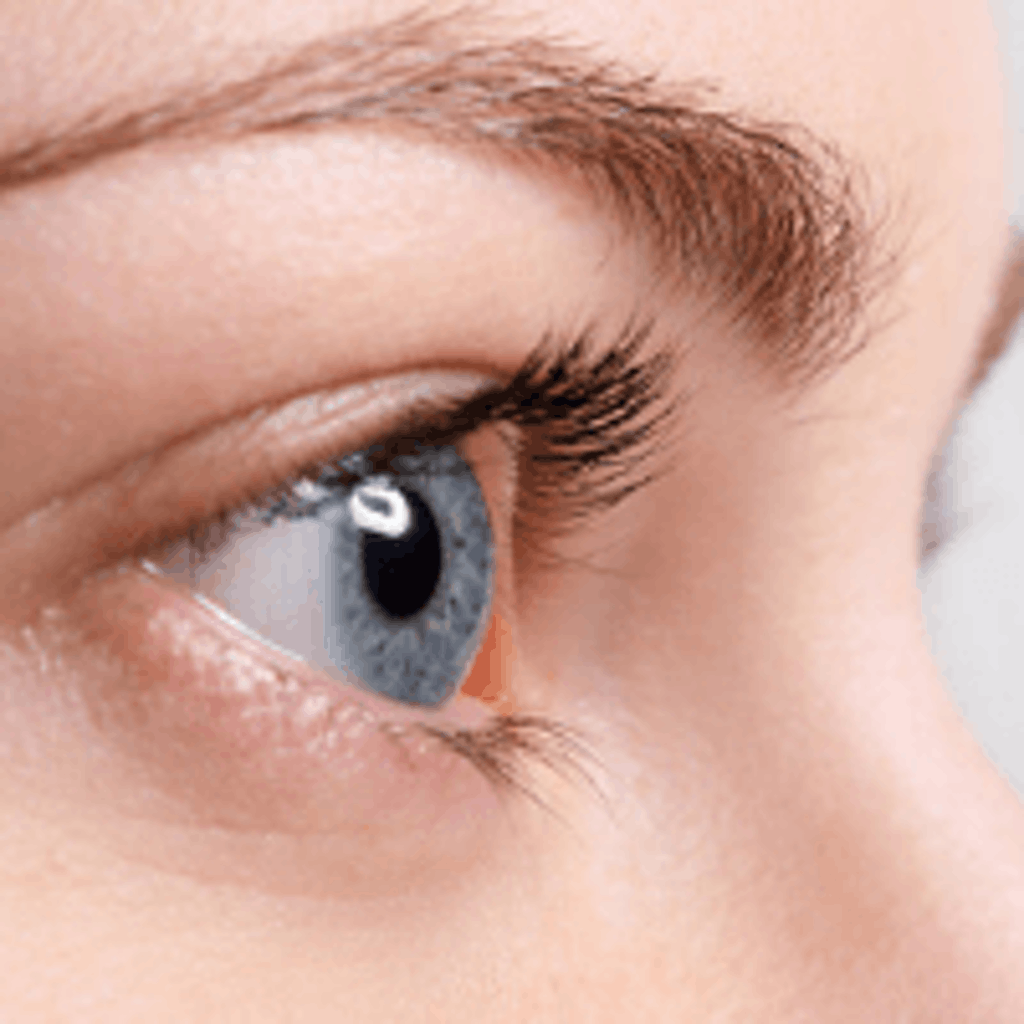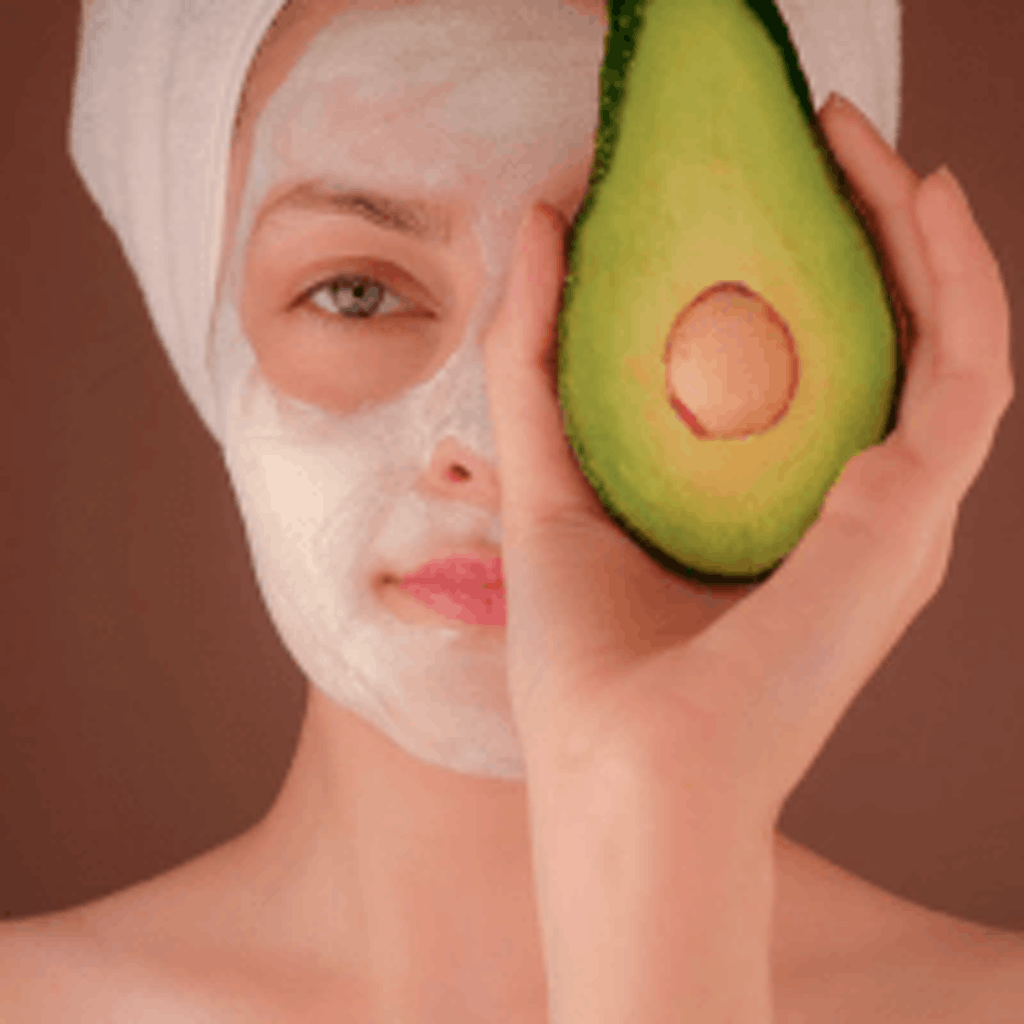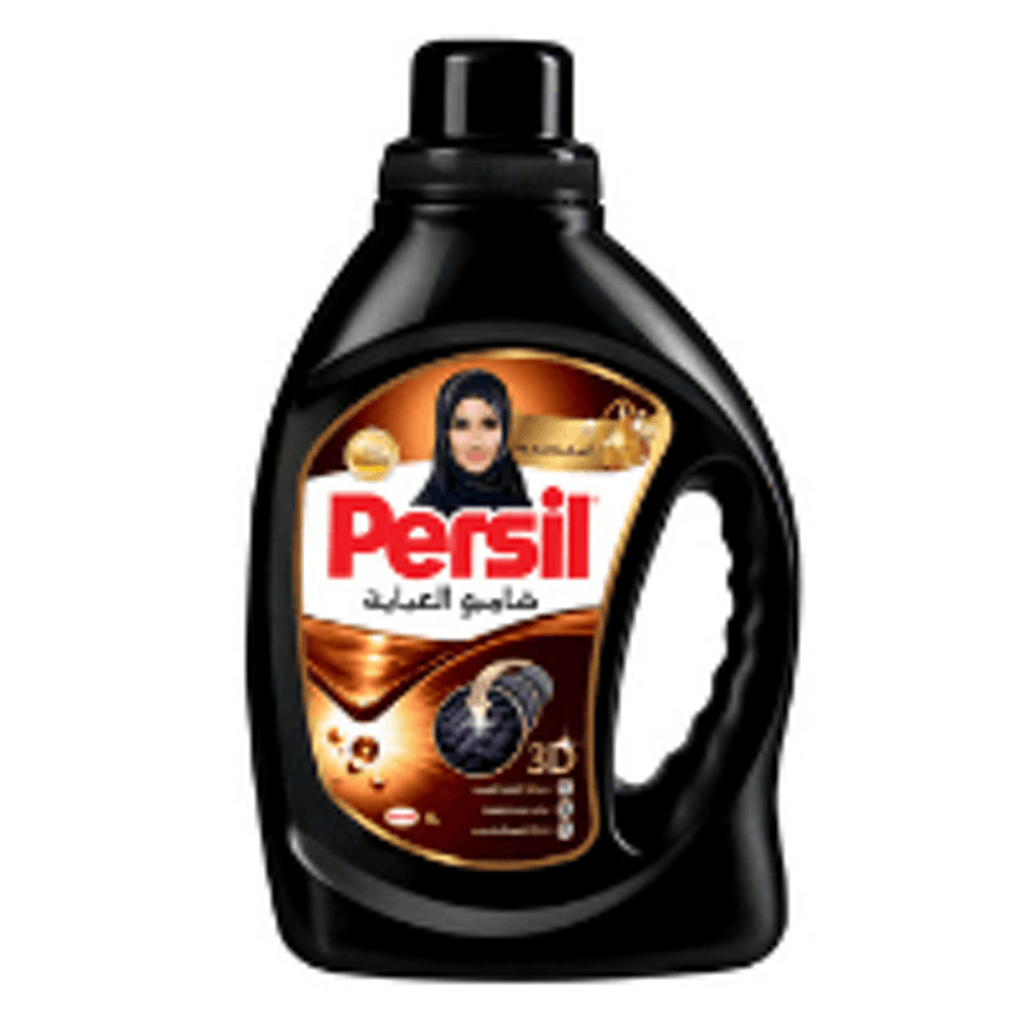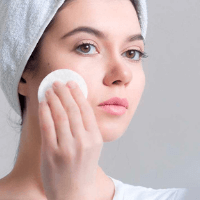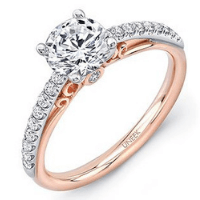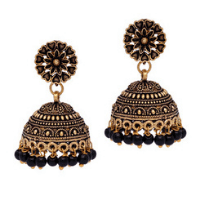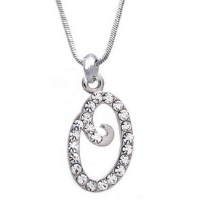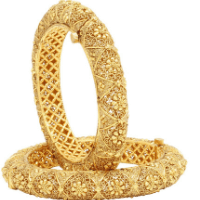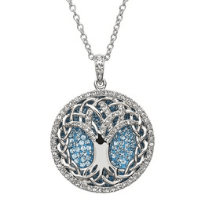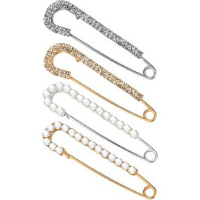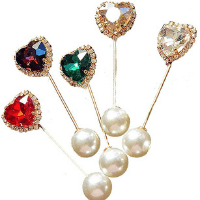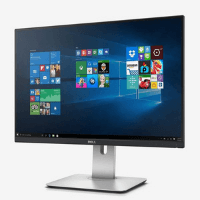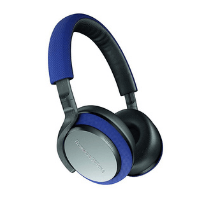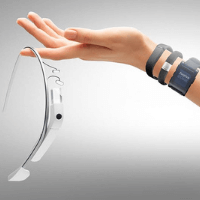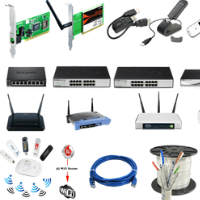Alcohol allergy and alcohol intolerance: Symptoms to look out for
.jpg)
For example, someone with an allergy to gluten might experience adverse reactions if the wine contains any trace amounts of gluten. For those with Red Wine Allergies, the symptoms can be quite unpleasant and may last for several hours. However, to eliminate them completely, it is necessary to avoid consuming red wine altogether. An alcohol allergy is when your body reacts to alcohol as if it’s a harmful intruder and makes antibodies that try to fight it off. Alcohol allergies are rare, but if you do have one, it doesn’t take much to trigger a reaction. Sneezing after drinking beer could be caused by a mild allergic reaction due to a build-up of histamines in your system.
Additionally, the phenolic compounds found in red wine can cause further irritation and worsen the condition. If you do choose to consume red wine, make sure to do so in moderation and avoid consuming too much. Additionally, adding foods with anti-inflammatory properties to your diet can help reduce any irritation caused by red wine consumption.
- The most commonly proposed explanations include congestion, allergies, nerve stimulation, and genetic factors.
- It’s worth noting that current guidelines advise against drinking alcohol as a way to improve health.
- An alcohol intolerance, or ingredients like histamines in alcohol cause an allergy-like reaction in drinkers, swelling the the mucosal membranes in the nasal passages and airways.
- Symptoms of alcoholic hepatitis may include jaundice (yellowing skin or eyes), fatigue, nausea, and abdominal pain.
- It is usually caused by genetic variations in the ALDH2 gene, which produces the enzyme that metabolizes alcohol.
Sneezing When You Drink Wine? 5 Common Culprits and How to Avoid Them
Additionally, when you consume alcoholic beverages, your blood vessels widen and cause more blood to flow to the nasal tissues, leading to additional swelling. This inflammation can trigger a wide range of symptoms like nausea, vomiting, muscle aches, heartburn, and even headaches. Additionally, alcohol can worsen existing allergic reactions as it suppresses the body’s ability to fight off foreign substances. Signs of an allergic reaction may include nausea, vomiting, hives, and itching. Red wines, for example, tend to have higher levels of histamines than white wine or beer. If you find that drinking these beverages triggers an allergic reaction, then it’s important to limit your intake and switch to lower-histamine alternatives.
Alcohol and your health: Risks, benefits, and controversies
Knowing the ingredients used to make a wine can help you make an informed decision about what kind of wine you want to drink. Tannins are astringent compounds that contribute to the bitter taste and aroma of wines. When these compounds come into contact with the nasal passages, they can create an irritation sensation which leads to a reflexive sneeze response.
Why Do I Sneeze While Drinking Wine?
- Drinking alcohol can also increase your risk of developing asthma or other respiratory conditions.
- Beer contains histamines, which are produced by yeast and bacteria during the fermentation process.
- While the risk is low, those who experience such reactions should reduce or avoid alcohol and sulfite-containing foods altogether.
- It is essential to talk with your doctor if you think you may be sulfite sensitive.
- An alcohol intolerance is commonly mistaken for an alcohol allergy and is often misdiagnosed.
- But not many people realize that there are many ingredients, additives, and preservatives within alcoholic beverages that can cause negative side effects.
- If you find that warm drinks make you sneeze, try chilling them before you drink them.
Histamine, which is produced during the breakdown of alcohol, is one of the main compounds responsible for these allergic reactions. People who are sensitive to sneezing when drinking histamine may experience more severe symptoms than those who are not. It is important to be aware of any potential allergy symptoms that can occur when consuming alcoholic beverages and speak to a doctor if any reactions occur. This type of allergy occurs when an individual cannot break down sulfites, which are a byproduct of fermentation and appear in wine and other alcoholic beverages. Symptoms may include hives, swelling, difficulty breathing, headaches, nausea and vomiting. For those with severe allergies or asthma, sulfite intolerance can be life-threatening.
Effective Treatment and Management Strategies for Cameron Erosions
Wine and other alcoholic beverages are generally not considered as potential allergens, so if you think you may have an allergy to wine, it is important to get a proper diagnosis. During the skin prick test, drops of wine are placed on the back of your forearm and the skin is pricked through the liquid. If you experience a localized reaction, such as redness or hives, then it can be concluded that an allergy to wine exists. Blood tests are also used to measure the presence of specific antibodies in your blood that may indicate an allergic reaction to wine. It is essential to recognize when one has an alcohol intolerance, as this can be a serious health concern. Symptoms of an alcohol intolerance include nausea and vomiting, diarrhea, headaches, hives, facial flushing, chest tightness or difficulty breathing.
.jpg)
Throat Pain Due To Viral Laryngitis: Types, Symptoms, Prevention, Diagnosis, Treatment
The floaties are perfectly safe to consume, although it can sometimes mean that a beer is too old (old beer sediment looks like dandruff – avoid at all costs). No, alcohol-induced sneezing and alcohol flush reaction are two distinct phenomena. While it may be more common than you think, it can be a sign of a mild allergic Alcoholics Anonymous reaction to alcohol. In rare cases, sneezing triggered by alcohol could be a symptom of an underlying medical condition, such as gustatory rhinitis or trigeminal nerve dysfunction. If sneezing persists or is accompanied by other concerning symptoms, consult a healthcare provider.
Does Drinking Alcohol Cause Nasal Congestion?
These limitations make it hard to know how much to rely on studies that find health risks (or benefits) to alcohol consumption. Sneezing after drinking beer is an interesting phenomenon that has sparked a lot of debate. Some experts suggest that the reaction may be more related to the type of beer and its hops content than to the alcohol content. However, a person is usually allergic or intolerant to certain ingredients in the drink, rather than the alcohol itself.
Either way, it’s definitely something to keep an eye on if you’re out enjoying some beers with friends. When someone suddenly starts sneezing after drinking a few pints, it’s time for them to take a break and re-assess their drinking habits. In contrast to sulfite intolerance, alcoholic hepatitis is a liver disease that occurs when the body cannot break down alcohol efficiently. Symptoms of alcoholic hepatitis may include jaundice (yellowing skin or eyes), fatigue, nausea, and abdominal pain. Treatment for alcoholic hepatitis usually involves lifestyle changes such as abstaining from alcohol, eating a healthy diet and exercising regularly. Allergens in wine can cause a range of reactions, including skin irritation, gastrointestinal problems, and respiratory symptoms.

